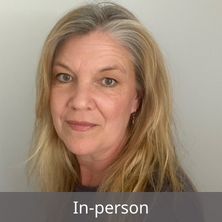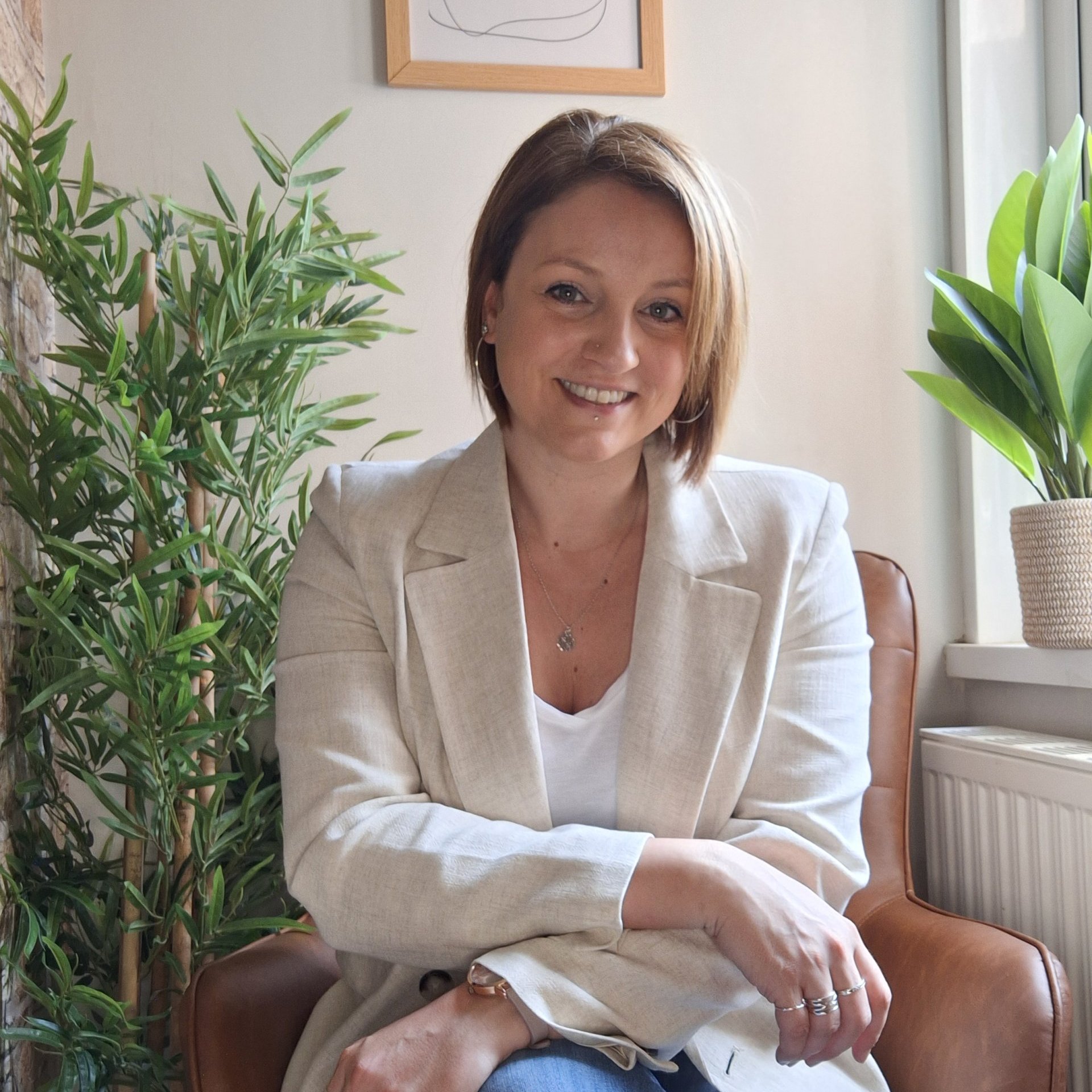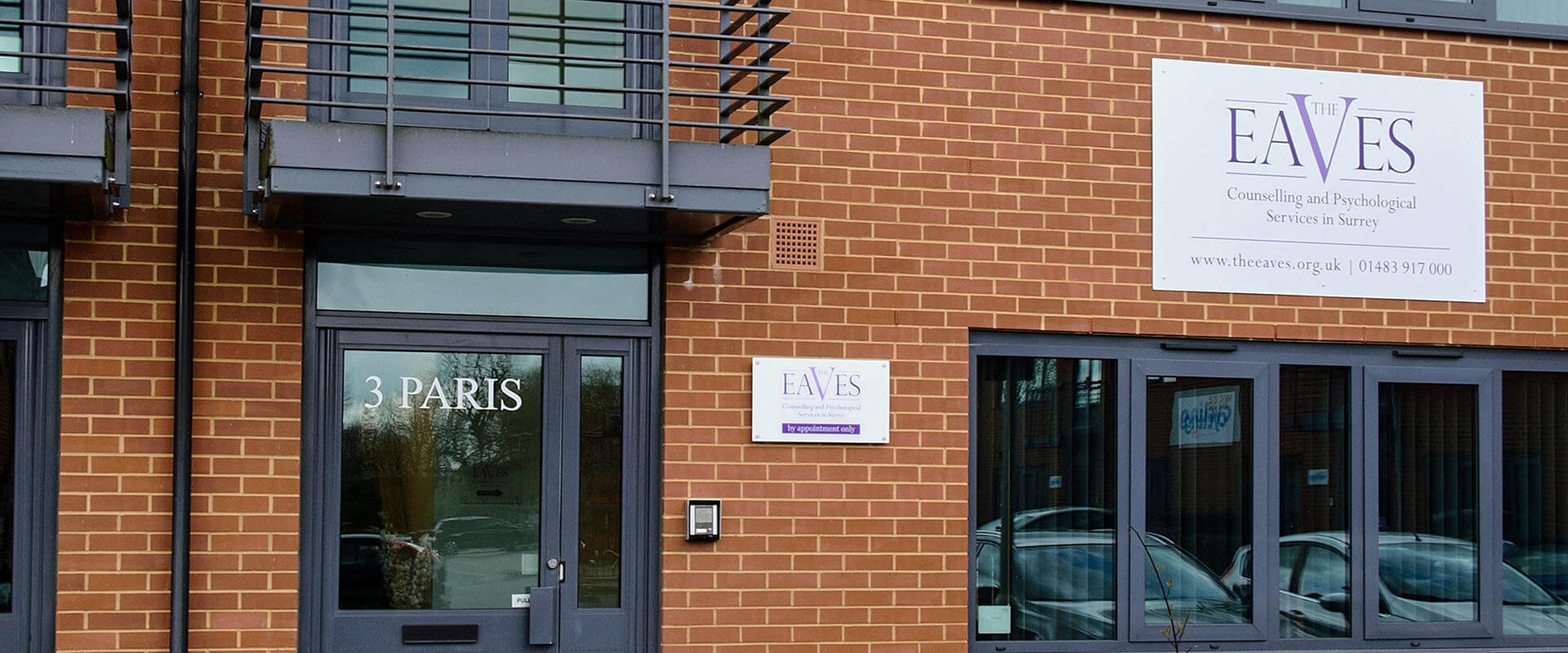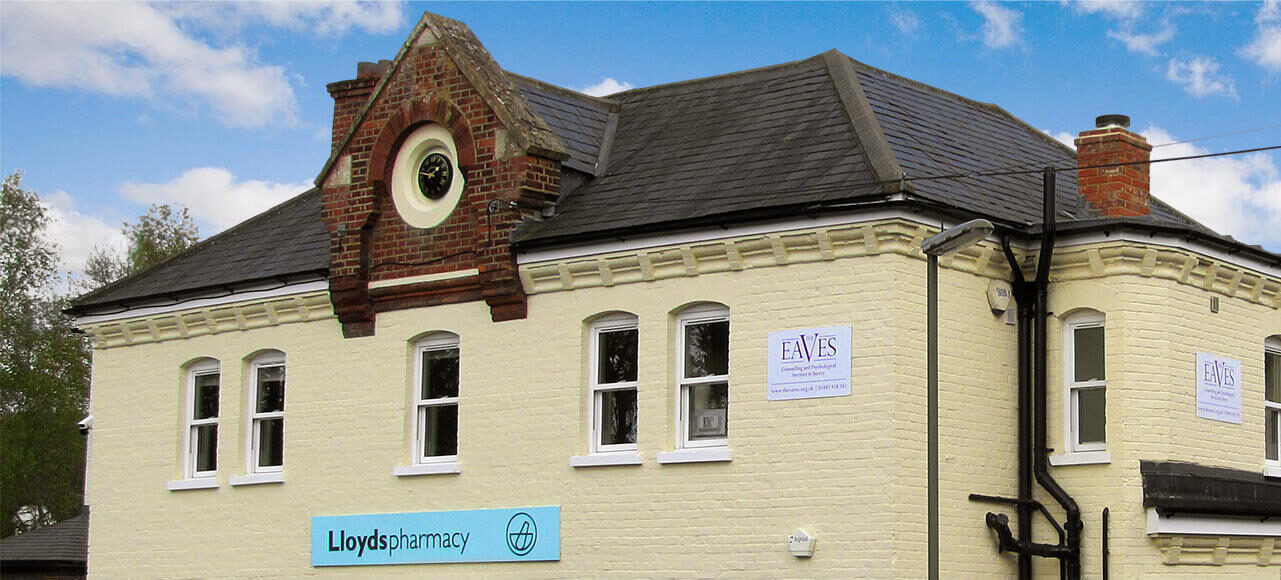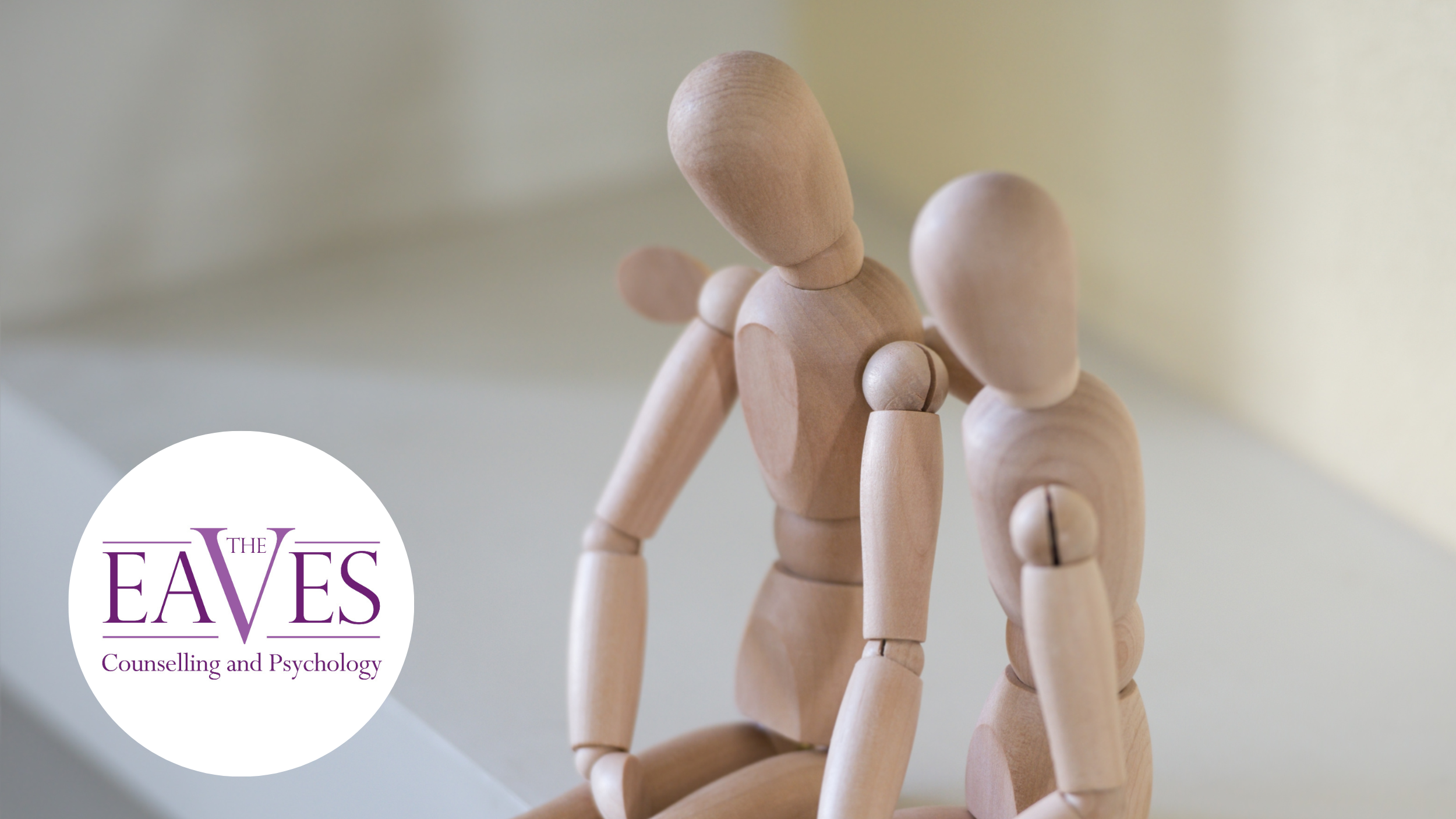By Dawn Henley (MNCPS), Counsellor and Psychotherapist
Relationships are a fundamental aspect of human life providing us with love support and companionship however sometimes these communications can succumb to negative cycles that hinder their growth and potential, whether it is due to poor communication unresolved conflicts or unhealthy patterns of behaviour. Negative cycles can escalate over time causing distress and pain.
In this blog I will explore the destructive power of negative cycles in relationships and offer some valuable insight on how to break free from them.
Understanding negative cycles
Negative cycles can arise when individuals fall into an unconstructive pattern of communication and interaction. they often stem from unaddressed issues and emotional triggers that go unresolved. these cycles tend to be circular, as both partners inadvertently contribute to the negative dynamic perpetrating the same harmful patterns repeatedly. It becomes a self-perpetrating cycle that slowly erodes the relationships foundations of trust, love and understanding.
Common negative cycles
1. The blame game one partner continually blames the other for any issues that arise often dismissing their own responsibility. This creates a defensive response in the blamed partner leading to further arguments and resentment.
2. The silent treatment and withdrawal: In this cycle one partner stops engaging in communication, either by remaining silent or physically withdrawing from the interactions. This lack of communication fosters feelings of abandonment and leaves the other partner feeling isolated.
3. Escalating arguments: Trivial disagreements quickly escalate into intense fights, with both partners going to extremes to prove their point. This leads to emotional exhaustion, increased hostility, and leaving the underlying issue unresolved.
Breaking free from negative cycles
1. Awareness and communication:
Recognise and acknowledge the negative cycle within your relationship. Open up conversation with your partner to discuss the patterns and their impact on your bond. Establishing open lines of communication is the first step towards breaking the cycle.
2. Identify emotional triggers:
Reflect on your triggers and your personal vulnerabilities that contributes to the negative patterns. These triggers can stem from past experiences, insecurity, or unmet needs. By recognising them you can work towards resolving underlying emotions and address them within your relationship.
3. Practise empathy and validation: Create an environment where both partners feel heard and understood. Validate each other’s emotions and viewpoints, even when they differ. Displaying empathy can help defuse arguments and reduce the intensity of the negative cycle.
4. Seek professional help: Consider seeking the guidance of a professional therapist or counsellor, they can provide a neutral perspective and offer techniques to navigate through the negative cycles, their expertise can facilitate healing, growth and reconciliation in your relationship.
5. Foster positivity and gratitude: Counteract negative cycles by intentionally cultivating positive experiences together. Express gratitude, engage in acts of kindness and continually invest in strengthening your bond By consciously focusing on the positive aspects, you can gradually replace negative cycles with healthier patterns.
Conclusion
Negative cycles in relationship can rob us of love, joy, and connection. However, by acknowledging their existence, openly communicating, and taking proactive steps towards positive change, it is possible to break free from these destructive patterns. remember every relationship faces challenges but it is how we confront and overcome them that defines the strength of our bond together you and your partner can create a stronger healthier and more fulfilling relationship.
The Eaves Counselling and Psychology
The Eaves Counselling and Psychology Ltd is a select professional body of Counsellors, Psychotherapists and Psychologists, providing high quality psychological care Monday to Saturday between 9am and 9pm from our practices in Guildford, Godalming, Farnham, Haslemere and online.
Find your practitioner in five easy steps
Are you a business owner or would like more support from your job? The Eaves’ own Employee Assistance Programme (EAP) service for small to medium businesses is easy, affordable and gives staff instant access to our large team of in-house Counsellors and Psychologists at a time and date to suit them. Contact us to find out more about our EAP service
If you need immediate support please find our list of useful contacts





